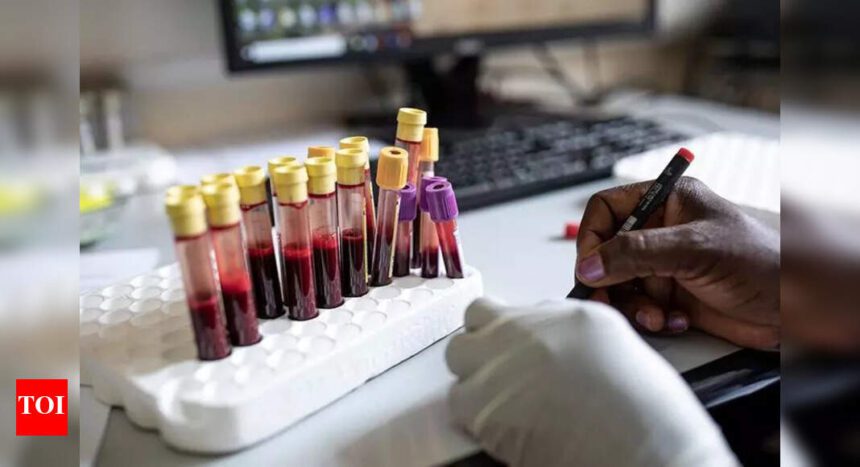Mumbai: A significant change is underway in the global strategy to prevent HIV, hinging on the prompt actions of Indian drug regulators. A US-based pharmaceutical company, Gilead Sciences, has awarded royalty-free licenses to four Indian generic manufacturers to produce lenacapavir, a drug that can prevent HIV transmission by nearly 100%. The cost of this medication is estimated at $40 per person per year, a fraction of the original price.
Lenacapavir is an injectable drug that offers protection with just one injection for six months. The licensed manufacturers, including Dr. Reddy’s, Hetero, Emcure, and Mylan, have begun announcing their pricing structures. The rollout of these drugs is projected for 2027, although this timeline could shift depending on regulatory processes in India. The swift actions of these companies will significantly influence access not only in India but also in 115 low- and middle-income countries where they are expected to export the medication.
However, 26 additional countries, where participants were involved in critical clinical trials, are excluded from this licensing agreement. The ability to export relies on obtaining registration and a certificate of pharmaceutical product from the Indian FDA, which may also require local clinical trials despite robust phase-3 trial results from other countries. Public health lawyer Leena Menghaney noted that any additional regulatory requirements could push the timeline back to 2027.
There exists a potential pathway for expedited access, should the FDA allow waivers for local clinical trials based on the HIV epidemic’s urgency. India reports over 60,000 new HIV infections each year. Menghaney pointed out that precedents exist for such waivers, citing past allowances for HIV and TB drugs grounded in phase-3 trial results from countries with strong regulatory systems. In 2015, the Central Drugs Standard Control Organisation granted a similar waiver for antiviral drugs against Hepatitis C.
Even if the production progresses rapidly, access to the drug in India may remain limited. The National AIDS Control Organisation (NACO) has thus far recognized only condoms as pre-exposure prophylaxis (PrEP) in its HIV prevention initiatives. While similar drugs have existed, they have not been included in the national program due to concerns about rising rates of other sexually transmitted infections (STIs) that have been observed in some countries post-PrEP implementation.
Dr. Ishwar Gilada, an HIV specialist, emphasized the importance of education and awareness in behavior change, stating, “For the first time in over 40 years, we have a way to control HIV’s transmission by almost 100%. This will reduce the number of people requiring lifelong treatment.” Ganesh Acharya, an HIV-TB survivor, noted that previous drugs required monthly intake and were costlier with lower efficacy, highlighting the advantages of lenacapavir in potentially reducing new HIV cases significantly.










